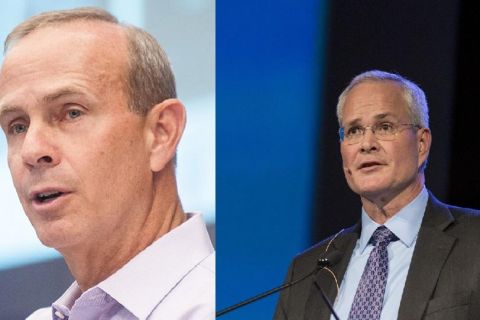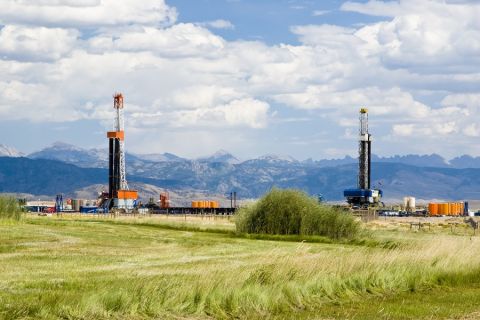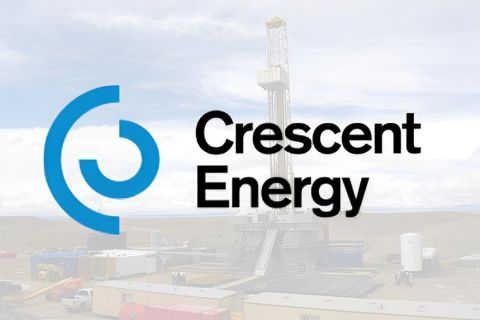Proposed federal railroad tank car safety standards will be costly to implement and also will increase air pollution, according to recently released research by the Brattle Group. The report added the impact on both crude oil and ethanol shipments could be substantial.
The report, prepared for the Railway Supply Institute’s Committee on Tank Cars, was presented to the U.S. Pipeline and Hazardous Materials Safety Administration (PHMSA) in December. The economic research firm said the PHMSA rules, if implemented, could cost the U.S. economy as much as $60 billion in added transportation expense.
Much of that higher cost would come because of the necessity to shift crude and ethanol transport to more-expensive trucks as rail tank cars go into short supply. Trucks would need to take on new loads as existing tank cars are removed from service for modifications or are retired before new cars could replace them.
“The numbers show that almost two-thirds of rail tank cars will need to be idled for some period of time during the proposed modification program,” said Dr. Kevin Neels, a principal at Brattle and a co-author of the report. “Almost 1 million tank car years of capacity could be lost due to early retirement and idle time associated with cars awaiting modification.”
The report estimated the shift could result in 65,000 trucks carrying an additional 1.4 million loads during 2018 alone. It also said trucks, less efficient than trains, could result in 11 million additional tons annually of CO2 going into the atmosphere.
Such a significant shift in transport methods may not even be feasible, the report determined. “If the modal shift is not feasible, up to 300 million barrels (bbl) of oil and 100 million bbl of ethanol would be at risk of being stranded or production levels reduced,” the Railway Supply Institute, the sponsoring rail industry trade group, said in an announcement.
The report noted indirect effects of the proposed new regulations could be “severe,” including decreased crude production and higher fuel prices. Constraints on ethanol shipments—given the federal government’s mandate for adding alcohol to gasoline—could magnify gasoline price problems.
“The proposed regulations reduce the ability of the existing fleet to provide rail transportation of flammable liquids through four distinct mechanisms,” the report said. “First, while tank cars are in the shop undergoing modification, they are unavailable for revenue service. Second, some fraction of the existing fleet is expected to be retired from flammable liquids service rather than modified. Third, tank cars that cannot be modified by the stated deadline will be unable to comply with the provisions of the proposed regulations, and so will have to be removed from service until such time as they can be modified. Finally, some sub-fleets are expected to experience a loss of capacity as a result of the modification process.”
Recommended Reading
Exxon, Chevron Tapping Permian for Output Growth in ‘24
2024-02-02 - Exxon Mobil and Chevron plan to tap West Texas and New Mexico for oil and gas production growth in 2024, the U.S. majors reported in their latest earnings.
E&P Earnings Season Proves Up Stronger Efficiencies, Profits
2024-04-04 - The 2024 outlook for E&Ps largely surprises to the upside with conservative budgets and steady volumes.
Uinta Basin: 50% More Oil for Twice the Proppant
2024-03-06 - The higher-intensity completions are costing an average of 35% fewer dollars spent per barrel of oil equivalent of output, Crescent Energy told investors and analysts on March 5.
Canadian Natural Resources Boosting Production in Oil Sands
2024-03-04 - Canadian Natural Resources will increase its quarterly dividend following record production volumes in the quarter.
Petrie Partners: A Small Wonder
2024-02-01 - Petrie Partners may not be the biggest or flashiest investment bank on the block, but after over two decades, its executives have been around the block more than most.





